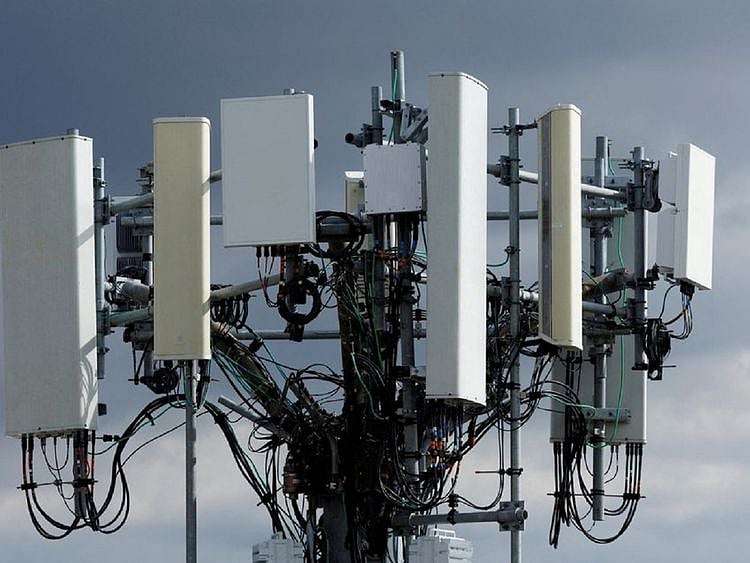5G: Without US mandate, aviation regulator flags safety risks
FAA wants FCC to codify certain additional operating limits in the 5G C-Band environment

The Federal Aviation Administration (FAA) wants the U.S. telecommunications regulatory agency to ensure a delay in some 5G C-Band transmissions from smaller operators.
Acting FAA Administrator Billy Nolen said the agency wants the Federal Communications Commission (FCC) to mandate voluntary mitigations that AT&T and Verizon agreed to earlier this year mandated for 19 smaller telecoms and other spectrum holders.
In a previously unreported letter dated Friday, Nolen cited industry data established "aviation safety would be compromised if the U.S. government does not codify certain additional operating limits in the 5G C-Band environment."
The letter was sent to the National Telecommunications and Information Administration (NTIA) and FCC Chair Jessica Rosenworcel was copied. The NTIA, FAA and FCC did not immediately comment.
Concerns that the 5G service could interfere with airplane altimeters, which give data on a plane's height above the ground and are crucial for bad-weather landing, led to disruptions at some U.S. airports earlier this year.
Nolen's letter warns that without the FCC mandating the mitigations "the FAA would be forced to take immediate steps to ensure the safety of the traveling public, raising the likelihood of flight disruptions across the United States." In June, Verizon and AT&T voluntarily agreed to delay some C-Band 5G usage until July 2023 as air carriers work to retrofit airplanes to ensure they will not face interference.
Airlines CEOs on Jan. 17 had warned of an impending "catastrophic" aviation crisis that could have grounded almost all traffic because of the 5G deployment. A deal struck shortly before a January deadline did not prevent dozens of foreign carriers from canceling international flights to the United States, and it cast the U.S. regulatory system in an ugly light.
Sign up for the Daily Briefing
Get the latest news and updates straight to your inbox
Network Links
GN StoreDownload our app
© Al Nisr Publishing LLC 2026. All rights reserved.